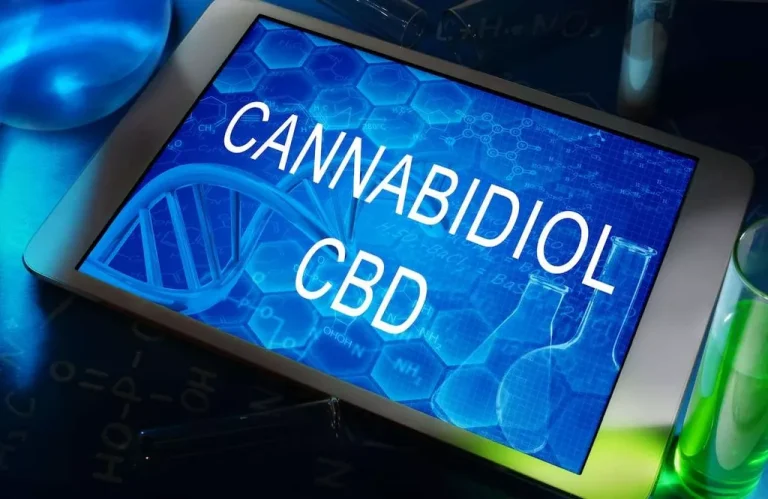Sober living
Alcohol intolerance Diagnosis & treatment

Research suggests that the more alcohol a person consumes, or the more frequently it is consumed, raises their likelihood of developing cancers such as breast, head and neck, oesophageal and more. In fact, your body might what causes alcohol intolerance have an inability to process other constituents of alcohol, such as histamine, yeast, grains, sulfites, or preservatives. In some cases, they might use an oral challenge test to diagnose an allergy or intolerance.
Alcohol use disorder

A high tolerance can be a symptom of an advanced alcohol use disorder, which can lead to many health-related and social implications and should be addressed immediately. A sudden inability to handle alcohol may be of concern for various reasons. Some people may become worried about a more significant medical reason for not being able to drink like they used to, while others may feel social or career-related pressures to drink. Alcohol detox isn’t easy and not everyone can do it on their own.
What is the difference between alcohol allergy and intolerance?
- They often have a gene that is affected that is passed down in the family.
- Plus, get practical suggestions on managing these reactions, whether it’s adjusting your diet, medication, or alcohol intake.
- Often, people with alcohol intolerance drink less, because the symptoms they experience are so unpleasant.
- This test introduces a small amount of allergen into the skin to observe for allergic reactions.
If you’re concerned about sudden alcohol intolerance, this guide has the answers you need. When you drink alcohol, your liver first breaks down alcohol into a toxic chemical called acetaldehyde. Your body uses an enzyme called aldehyde dehydrogenase, or ALDH2, to break down acetaldehyde. However, in some people, ALDH2 does not work correctly, resulting in alcohol intolerance. Alcohol intolerance is a rare condition in which your body cannot process alcohol correctly, leading to a build-up of a chemical called acetaldehyde. High levels of acetaldehyde are what cause the unpleasant symptoms of alcohol intolerance.
Alcohol Flush Reaction: Does Drinking Alcohol Make Your Face Red?

If you experience severe symptoms of alcohol allergy or intolerance it is important you limit or abstain from alcohol while you seek a diagnosis from your GP or allergy specialist. Dr Fox explains that the science behind this is that dangerous levels of enzymes are accumulating in the cells of your body when you drink alcohol, and they cannot be broken down. As a result, liver tissue can become inflamed, leading to fibrosis, and ultimately cirrhosis and liver failure. There is also an increased risk of liver cancer if you continue to drink while intolerant. An allergy or intolerance to alcohol is not always responsible for symptoms occurring after drinking alcohol.

In addition, older adults also experience a change in their renal function and balance of water and sodium, which raises their risk of dehydration. This suggests that if they drink alcohol, they may become dehydrated quicker and feel the effects more. This article looks at the links between alcohol and sickness and provides an overview of alcohol intolerance, including the signs, when to consult a doctor, and causes. Finally, it examines how alcohol tolerance changes over time and offers support and guidance on alcohol use.
Alcohol intolerance and alcohol allergy may share certain symptoms, but they are two different conditions. Although not a true allergy, in some cases, what seems to be alcohol intolerance might be your reaction to something in an alcoholic beverage — such as chemicals, grains or preservatives. Combining alcohol with certain medications also can cause reactions.
When it doesn’t work, aldehydes build up and causes symptoms like facial redness (hence the flush), hives, a stuffy nose, nausea, and low blood pressure. It’s more common in the Asian population simply because of genetics—families pass down the flawed enzyme, and it happens to have been propagated a lot in Asian communities. “True allergic reactions to alcohol, that includes wine, spirits, beer and the https://ecosoberhouse.com/ like, are not common,” Clifford Bassett, the medical director of Allergy & Asthma Care of NY, explained to me. Similarly, he said he’s treated people who were actually sensitive to barley, hops, or malt rather than beer, or to fruits mixed into cocktails rather than the alcohol itself. During alcohol metabolism, the enzyme alcohol dehydrogenase (ADH) converts alcohol to acetaldehyde, a toxic molecule.
- The body produces antibodies, and when they encounter alcohol, they set off a systemic allergic reaction.
- It also includes binge drinking — a pattern of drinking where a male has five or more drinks within two hours or a female has at least four drinks within two hours.
- People with this condition usually experience swelling in the lymph nodes in areas including the neck, armpits, or groin.
- When mixed with alcohol, they can cause a buildup of acetaldehyde, a toxin that makes you feel flushed, sick, and ready to swear off alcohol altogether.
- Listen to relatives, friends or co-workers when they ask you to examine your drinking habits or to seek help.

